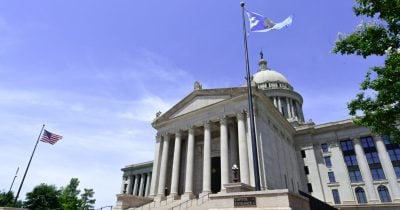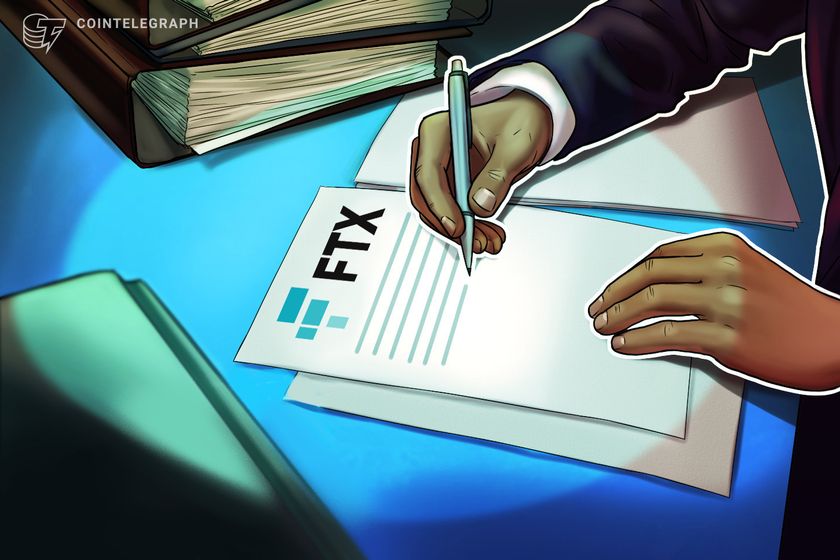After achieving the long-awaited target of $100,000, the road ahead looks uncertain. Analysts are divided. Some expect Bitcoin to skyrocket to $200,000 by year’s end, while others caution about risks tied to regulatory uncertainties. A CNBC survey found several experts backing the bullish case. But beyond the headlines, three major developments could define the crypto landscape in the months ahead.
Experts like Tom Lee and Bitwise Asset Management foresee significant bitcoin price increases by 2025. Tom Lee, Fundstrat Global Advisors’ co-founder, anticipates bitcoin hitting $250,000 in 2025, attributing the rise to spot bitcoin ETFs and shifts in U.S. political dynamics.
Bitwise Asset Management estimates bitcoin could climb to $200,000 by 2025, driven by institutional investments, regulatory developments, and the supply squeeze from bitcoin halving. However, the firm warns that challenges like government sales or unmet market expectations may temper these predictions.
Source: Bitwise
At the time of writing, Bitcoin was trading at $97,124, marking a – 4.24% fall in the last 24 hours, according to Brave New Coin’s Bitcoin Liquid Index. After the slow week of price flirting below the $100,00 mark, Bitcoin showed significant momentum, breaking the mark, before falling again early Wednesday.
Source: Brave New Coin’s Bitcoin Liquid Index
Trump Aims to Make U.S. “Crypto Capital of the Planet”Donald Trump’s return to the White House is set to reshape the future of cryptocurrencies in the United States. Trump campaigned to turn the U.S. into the “crypto capital of the planet,” and his administration is already making moves to fulfill that pledge. Key appointments have been made, signaling a significant policy shift.
Paul Atkins, the new head of the Securities and Exchange Commission (SEC), is a notable crypto advocate. As a former commissioner and consultant for blockchain firms, Atkins is expected to take a lenient approach toward crypto regulations. This starkly contrasts the previous SEC leadership under Gary Gensler, who aggressively pursued enforcement actions against key players like Coinbase.
Adding to the optimism, Trump introduced David Sacks, a prominent venture capitalist, as the nation’s first crypto and artificial intelligence czar. With Congress now under Republican control and leaders like Rep. French Hill supporting policies favorable to crypto and AI, the political winds appear to be blowing in Bitcoin’s favor.
Trump’s Bitcoin Reserve Plan of $19 Billion Stockpile — Critics WarnThe most ambitious idea on the table comes directly from Trump himself. He proposed creating a strategic national stockpile of Bitcoin, starting with the roughly 200,000 tokens the government already holds from criminal seizures. At current prices, that stash is worth over $19 billion.
The concept is bold: a Bitcoin reserve, similar to the Strategic Petroleum Reserve, to bolster the U.S. economy during financial crises. Supporters like Sen. Cynthia Lummis have gone even further, suggesting the government should purchase 200,000 Bitcoins annually for five years, ultimately holding one million tokens. Advocates believe such a fund could reduce the national debt and tie the U.S. strategically to Bitcoin’s growth.
But critics are pushing back hard. Many argue that Bitcoin’s infamous volatility makes it a risky asset for a government to hold. Carol Alexander, a professor at the University of Sussex, compared the idea to a soccer game without a referee, warning that relaxed regulations could benefit professional traders at the expense of smaller investors.















